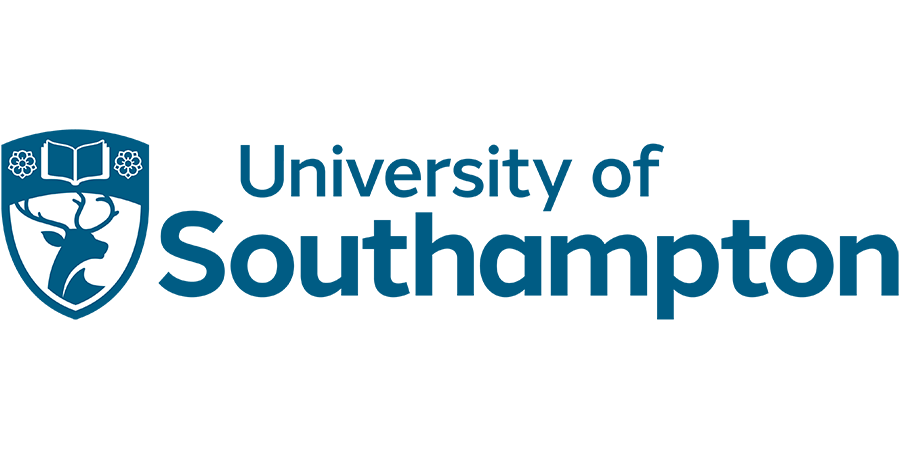Research Fellow in Isotope Geochemistry and Carbon Cycle Reconstruction
University of Southampton - Geochemistry
| Location: | Southampton |
|---|---|
| Salary: | £36,130 to £39,355 per annum |
| Hours: | Full Time |
| Contract Type: | Fixed-Term/Contract |
| Placed On: | 26th March 2025 |
|---|---|
| Closes: | 30th April 2025 |
| Job Ref: | 3049925HN |
Full-Time Fixed-Term (2 years)
Applications are invited from researchers to work as a Post-Doctoral Research Fellow in the University of Southampton’s world-leading Geochemistry Research Group (https://www.southampton.ac.uk/oes/research/groups/geochemistry.page) in the School of Ocean and Earth Science at the National Oceanography Centre Southampton. You will join a community of >500 researchers and support staff drawn from physics, chemistry, biology, geoscience, and engineering, with a strong focus on marine biology and marine environments, to work in a project at the interface between geochemistry, palaeoclimate, and biomineralisation.
This post is funded through an ERC-selected Starting Grant to Dr David Evans, with line management of the post to be shared between Dr Evans (https://www.southampton.ac.uk/people/62c7dp/doctor-david-evans) and Dr Martina Stiasny (https://www.southampton.ac.uk/people/5ylxwd/doctor-martina-stiasny). The project additionally involves a number of researchers from across Europe and is closely linked to a growing team at the University of Southampton focused on driving forward the societal impact of palaeoclimate datasets by mechanistically understanding biomineralisation processes and boundary condition changes, funded via both the Royal Society and Dr Evans’ ERC-selected Starting Grant.
The boron chemistry of marine microfossils has transformed our understanding of natural climate change in Earth’s past, forming the basis of a high-quality CO2 record that now stretches back to the last days of the non-avian dinosaurs. This record is instrumental in placing anthropogenically-driven climate change in context but is, in some intervals, associated with substantial uncertainties. One of the principal sources of this uncertainty is that key boundary conditions may have changed. In particular, the boron isotopic composition of seawater, which is requisite knowledge in calculating pCO2 from fossil boron isotope measurements, is thought to have varied over the Cenozoic, but these changes are poorly constrained.
In this project, the applicant will address this knowledge gap by developing and applying a novel proxy for past changes in the boron isotopic composition of seawater. To do so, the applicant will utilise novel techniques in plasma-based isotope geochemistry using laser-ablation as a sample introduction technique, and apply these to a suite of modern and exceptionally well-preserved fossil samples spanning the last 60 million years. The applicant would ideally also possess an interest in leveraging the data generated in the project to better constrain the drivers of past climate change, by interpreting the results within a chemical box modelling framework. Ultimately, the project aims to fundamentally improve the accuracy and precision of our palaeo-CO2 reconstructions.
A successful candidate should have:
- A PhD (or equivalent) in geochemistry.
- Experience in the operation of single and/or multi-collector plasma mass spectrometer instruments, ideally including associated clean laboratory sample preparation.
- Experience in applying geochemical tools to constraining past environmental, oceanographic, or climatic change.
- Experience in geochemical box modelling, or an enthusiasm for developing these skills.
- Skills in hypothesis-testing, experiment design, analysis of data sets and writing scientific manuscripts and reports.
And should additionally:
- Demonstrate strong drive, ambition & motivation, with the capacity to deliver on challenging tasks and to meet deadlines both individually and as working as part of a team.
- Express a desire to apply cutting edge geochemical techniques to understanding Earth’s long-term carbon cycle.
This post is a fixed-term appointment for two years.
For further enquiries please contact Dr David Evans (d.evans@soton.ac.uk)
Further details:
We are committed to equality, diversity & inclusion and welcome applicants who support our mission of inclusivity.
Apply by 11.59 pm GMT on the closing date.
Advert information
Type / Role:
Subject Area(s):
Location(s):









